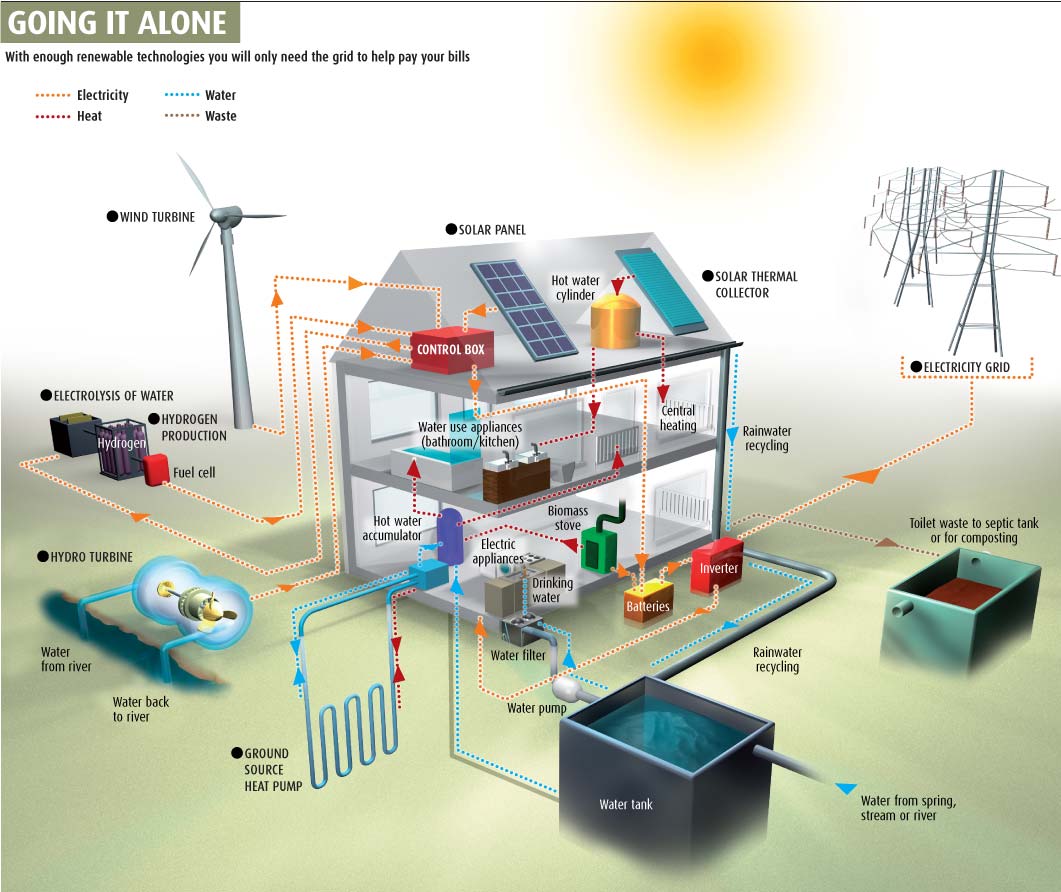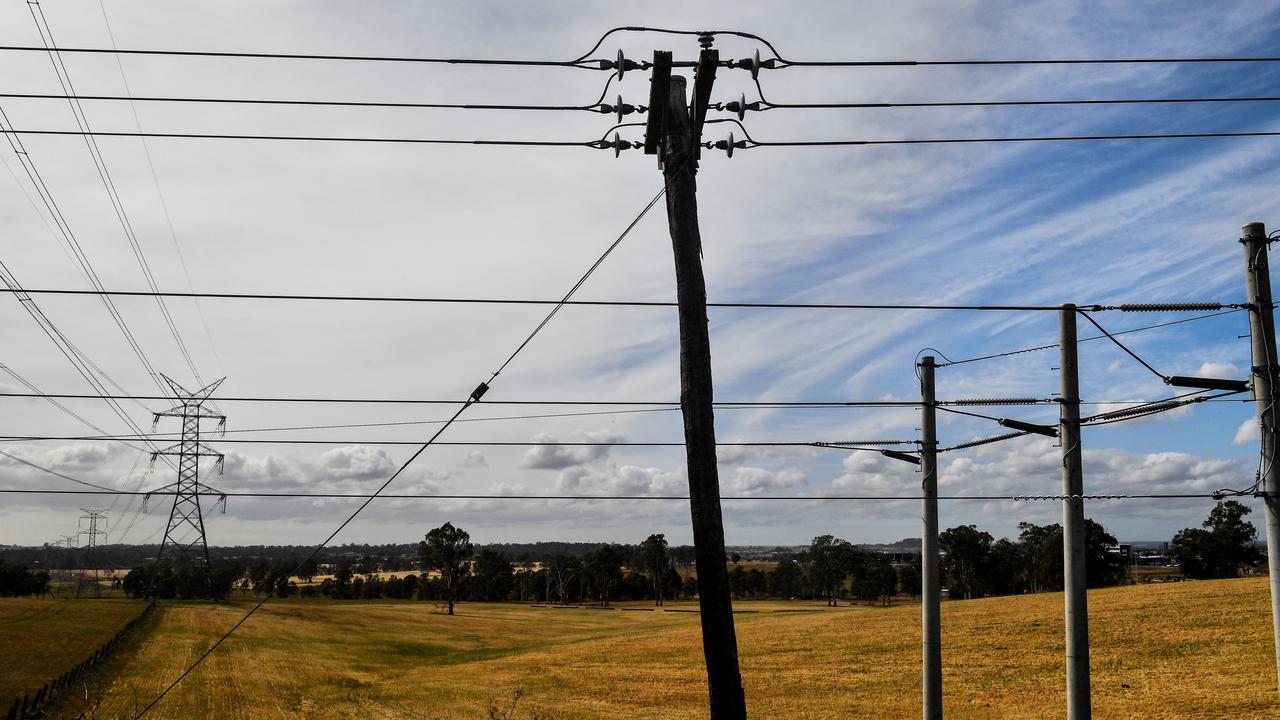Off grid living NSW is gaining traction as more people seek self-sufficiency and a simpler lifestyle. This burgeoning trend, however, presents unique challenges and necessitates careful planning and adherence to specific regulations. From securing the necessary permits and navigating complex zoning laws to mastering sustainable water and energy management, the path to off-grid living in New South Wales requires a comprehensive understanding of the legal landscape and practical considerations.
This guide delves into the essential aspects, providing insights into the legal framework, practical solutions, and community resources available to those venturing into this exciting yet demanding lifestyle.
This article explores the key components of successful off-grid living in NSW, encompassing legal requirements, water and energy solutions, waste management strategies, building considerations, and the vital role of community support networks. We examine the diverse options available, from rainwater harvesting and solar power to sustainable building materials and eco-friendly waste disposal methods, highlighting both the opportunities and potential pitfalls.
Legalities of Off-Grid Living in NSW
Off-grid living in New South Wales requires navigating a complex web of regulations and obtaining necessary approvals from various government bodies. Understanding these legal frameworks is crucial for prospective off-gridders to ensure compliance and avoid potential penalties. This section details the specific regulations and processes involved.
Specific Regulations and Permits
Establishing an off-grid dwelling in NSW necessitates compliance with various state and local government regulations. These include complying with building codes, fire regulations, and environmental protection laws. Permits are generally required for construction, water sourcing, waste disposal, and energy generation. The specific permits needed vary depending on the location and the nature of the off-grid setup.
Obtaining Necessary Approvals
The process of obtaining approvals involves submitting detailed applications to the relevant authorities, including local councils and NSW Department of Planning and Environment. Applications typically include site plans, building designs, and environmental impact assessments. Council approval is essential before commencing any construction. The timeline for approval can vary significantly depending on the complexity of the project and the council’s workload.
Zoning Regulations Across NSW Regions
Zoning regulations concerning off-grid dwellings differ across various regions of NSW. Rural areas generally offer more flexibility compared to urban or peri-urban zones. Some councils may have specific policies or guidelines relating to sustainable development and off-grid living. It’s crucial to check with the relevant local council for specific zoning regulations in the intended location.
Legal Requirements for Off-Grid Setups
| Requirement | Regulation | Penalty for Non-Compliance | Relevant NSW Government Body |
|---|---|---|---|
| Water Sourcing | Environmental Planning and Assessment Act 1979; Water Management Act 2000 | Fines, legal action, potential disconnection of water supply | Local Council, NSW Department of Planning and Environment, NSW Office of Water |
| Waste Disposal | Protection of the Environment Operations Act 1997; Local Government Act 1993 | Fines, legal action, remediation orders | Local Council, NSW Environment Protection Authority |
| Energy Generation | Energy Safety Act 2002; various local council regulations | Fines, disconnection of power, potential legal action | Local Council, NSW Energy Safety |
Water Management in Off-Grid NSW Properties
Securing a reliable and safe water supply is paramount for off-grid living in NSW. This involves considering rainfall patterns, water table depths, and employing appropriate water harvesting and treatment methods.
Methods for Obtaining and Storing Potable Water
Several methods exist for obtaining potable water in off-grid NSW locations. Rainwater harvesting is a common approach, supplemented by bore water in some areas. The suitability of each method depends on factors such as rainfall, soil type, and proximity to water sources. Storage capacity needs careful consideration to ensure sufficient water during dry periods.
Rainwater Harvesting Systems
Rainwater harvesting involves collecting rainwater from roofs and storing it in tanks. Tank sizing depends on household water consumption and the average annual rainfall in the area. Filtration systems are crucial to remove debris and contaminants from the harvested water, ensuring its potability. Regular cleaning and maintenance of the system are essential.
Using Bore Water
Bore water can provide a supplementary or primary water source, but it often requires treatment to remove contaminants and make it potable. Water testing is essential to determine the water quality and the necessary treatment methods. The cost of drilling a bore and installing a pump can be substantial, and the yield and quality of bore water can vary significantly.
Typical Off-Grid Water Management System
A typical off-grid water management system might include a roof-mounted rainwater harvesting system, with gutters directing water to a series of interconnected storage tanks. A filtration system, possibly involving sediment filters and UV sterilization, would process the water before it’s pumped to the house. A secondary system, like a bore, could provide backup water during extended dry periods. Overflow from tanks would be directed to a soakaway or greywater system.
Off-grid living in NSW is gaining popularity, with many seeking self-sufficiency and a simpler lifestyle. For those ready to embrace this change, finding the right land is crucial, and a great resource for potential locations is this listing for land for sale off grid living. Securing suitable land paves the way for establishing a thriving off-grid existence in the beautiful NSW landscape.
Energy Solutions for Off-Grid NSW Homes
Reliable and sustainable energy generation is vital for off-grid living. This section explores various renewable energy sources suitable for NSW and Artikels the process of designing and installing a solar power system.
Comparing Renewable Energy Sources
Solar power is the most prevalent renewable energy source for off-grid homes in NSW due to its abundant sunshine. Wind power is viable in areas with consistent strong winds. Hydropower requires a suitable water source with sufficient flow rate and head. The best choice depends on the specific location and its resource availability.
Successful Off-Grid Energy Systems

Source: blogspot.com
Many successful off-grid systems in NSW utilize a combination of solar photovoltaic (PV) panels, battery storage, and a backup generator for cloudy days or peak demand periods. These systems are designed to meet the household’s energy needs while minimizing reliance on the grid. Careful system design and sizing are crucial for optimal efficiency.
Designing and Installing a Solar Power System
Designing a solar power system involves assessing energy consumption, selecting appropriate PV panels and inverters, and determining battery storage capacity. Installation requires adherence to safety standards and often involves qualified electricians. Regular maintenance, including cleaning panels and checking battery health, is crucial for system longevity.
Calculating Energy Needs and System Sizing
Calculating energy needs involves monitoring household energy usage to determine daily and peak demand. This data informs the selection of appropriately sized PV panels, inverters, and batteries. Software tools and expert consultations can assist in accurate system sizing to ensure sufficient energy generation and storage.
Waste Management and Sanitation in Off-Grid NSW: Off Grid Living Nsw
Effective waste management is essential for maintaining hygiene and protecting the environment in off-grid settings. This section details various methods for managing greywater, blackwater, and general waste.
Greywater and Blackwater Management
Greywater (from showers, sinks, and laundry) can be treated and reused for irrigation or toilet flushing. Blackwater (sewage) requires more stringent treatment through composting toilets or septic systems. Regulations and best practices for these systems vary depending on the location and council regulations.
Composting Toilets and Septic Systems
Composting toilets provide a sustainable and environmentally friendly method for managing blackwater. Septic systems require regular maintenance and emptying. Both require compliance with NSW regulations to prevent environmental contamination.
Waste Disposal Strategies
Recycling and composting are crucial for minimizing landfill waste. General rubbish requires responsible disposal, potentially through regular collection services or designated disposal sites. Minimizing waste generation through conscious consumption is a key aspect of sustainable off-grid living.
Eco-Friendly Waste Management Solutions
- Composting toilets
- Greywater recycling systems
- Worm farms for food waste
- Reusable containers and bags
- Regular recycling and rubbish sorting
Building and Construction Considerations for Off-Grid NSW Dwellings
Building an off-grid home in NSW requires careful consideration of building materials, techniques, and design principles to optimize energy efficiency and minimize environmental impact.
Building Materials and Techniques, Off grid living nsw
Sustainable and locally sourced materials are preferable for minimizing transportation costs and environmental impact. Techniques that promote thermal mass and passive solar design are crucial for reducing energy consumption.
Insulation and Passive Solar Design
Proper insulation is essential for maintaining comfortable temperatures year-round, minimizing heating and cooling needs. Passive solar design uses the sun’s energy to heat the home, reducing reliance on active heating systems.
Sustainable and Eco-Friendly Building Practices
Examples of sustainable practices include using recycled materials, employing energy-efficient construction techniques, and incorporating natural ventilation strategies. These practices contribute to a smaller carbon footprint and enhance the home’s sustainability.
Floor Plan for a Self-Sufficient Off-Grid Home
A small, self-sufficient off-grid home in rural NSW might feature a compact design with open-plan living, maximizing natural light and ventilation. The floor plan would incorporate passive solar design principles, with south-facing windows minimized and north-facing windows maximized for solar gain. Insulation would be prioritized in walls, roof, and floors to minimize heat loss in winter and heat gain in summer.
The layout would optimize space and incorporate areas for water storage and waste management systems.
Community and Support Networks for Off-Grid Living in NSW

Source: api.news
Connecting with established communities and networks can provide valuable support and resources for those considering or currently practicing off-grid living in NSW.
Existing Communities and Networks
Several online forums, local groups, and organizations cater specifically to off-grid living enthusiasts in NSW. These platforms facilitate knowledge sharing, collaboration, and access to resources.
Benefits of Joining Networks
Joining these networks provides access to shared knowledge, practical advice, and collaborative opportunities. It can help overcome challenges, share experiences, and find solutions to common issues faced by off-grid dwellers.
Collaborative Projects and Initiatives
Collaborative projects may involve sharing resources, collectively purchasing supplies, or undertaking community-based initiatives promoting sustainable living practices. These initiatives foster a sense of community and mutual support.
Resources Available for Off-Grid Living
| Resource Type | Description | Contact Information | Website/Link |
|---|---|---|---|
| Online Forums | Online communities for sharing information and advice | Various forum administrators | [Placeholder for example forum links] |
| Local Groups | Local groups for networking and collaboration | Contact details vary depending on the group | [Placeholder for example group links] |
| Government Agencies | Information on regulations and permits | Contact details available on government websites | [Placeholder for relevant NSW Government agency links] |
Last Point
Embarking on off-grid living in NSW is a significant undertaking demanding meticulous planning and a commitment to sustainable practices. While the challenges are undeniable, the rewards – self-sufficiency, reduced environmental impact, and a closer connection to nature – are equally compelling. By understanding the legal framework, mastering essential skills, and leveraging available resources and community support, aspiring off-grid dwellers can pave the way for a fulfilling and environmentally responsible lifestyle in the beautiful landscapes of New South Wales.
The journey may be demanding, but the potential for a richer, more self-determined life makes it a worthwhile pursuit.
